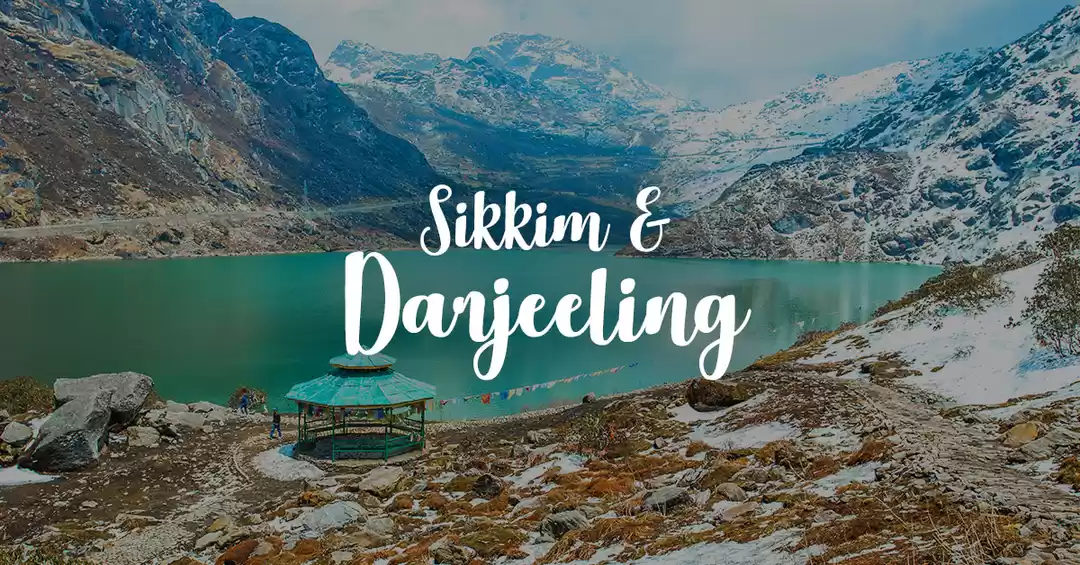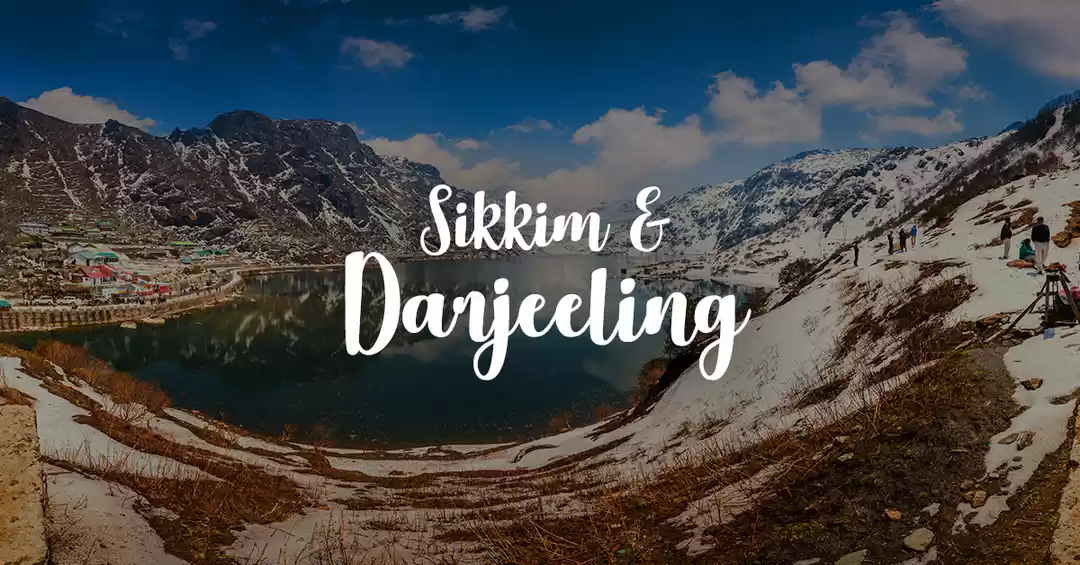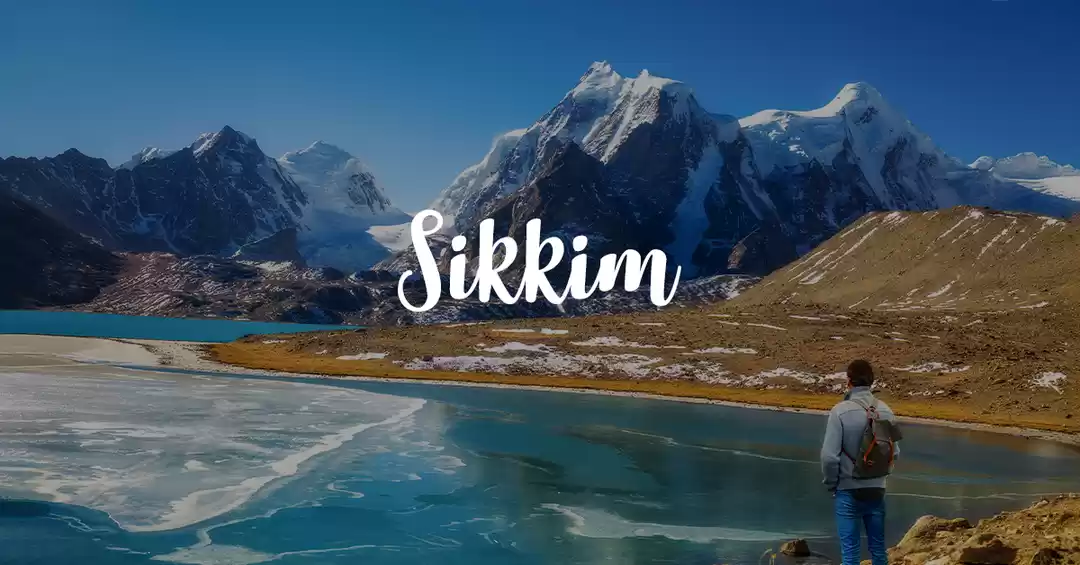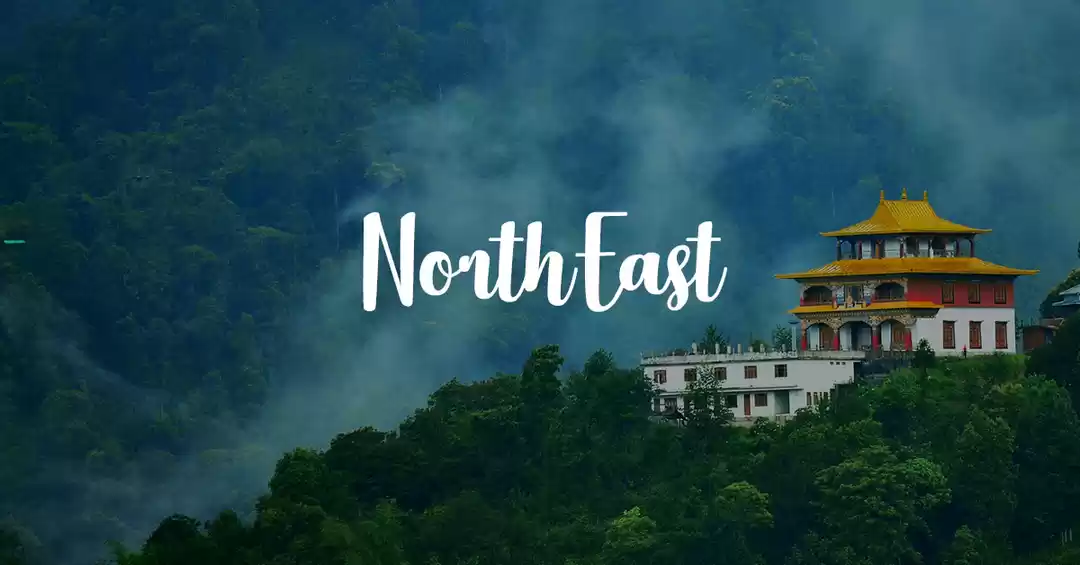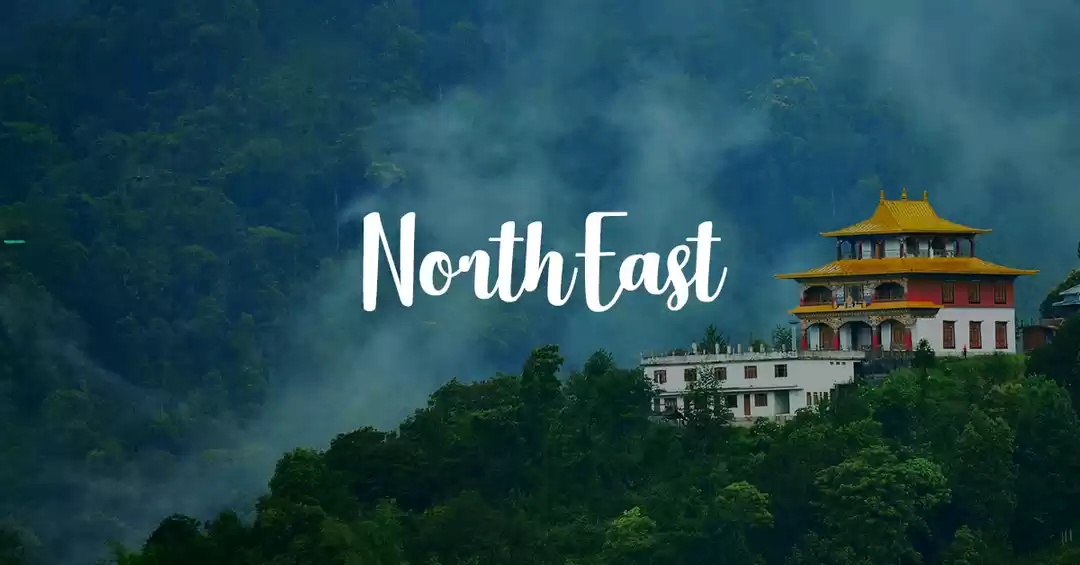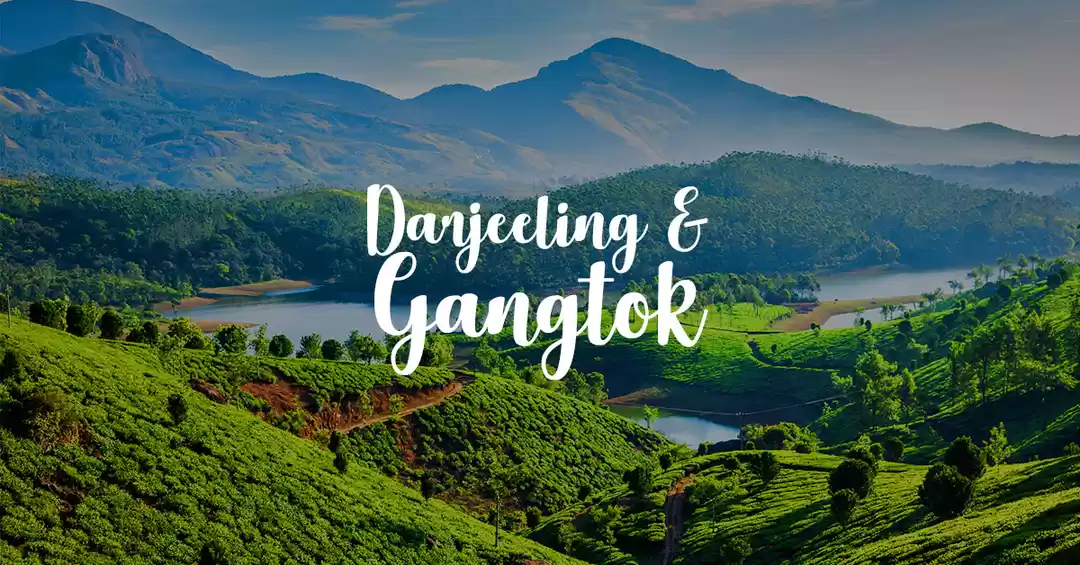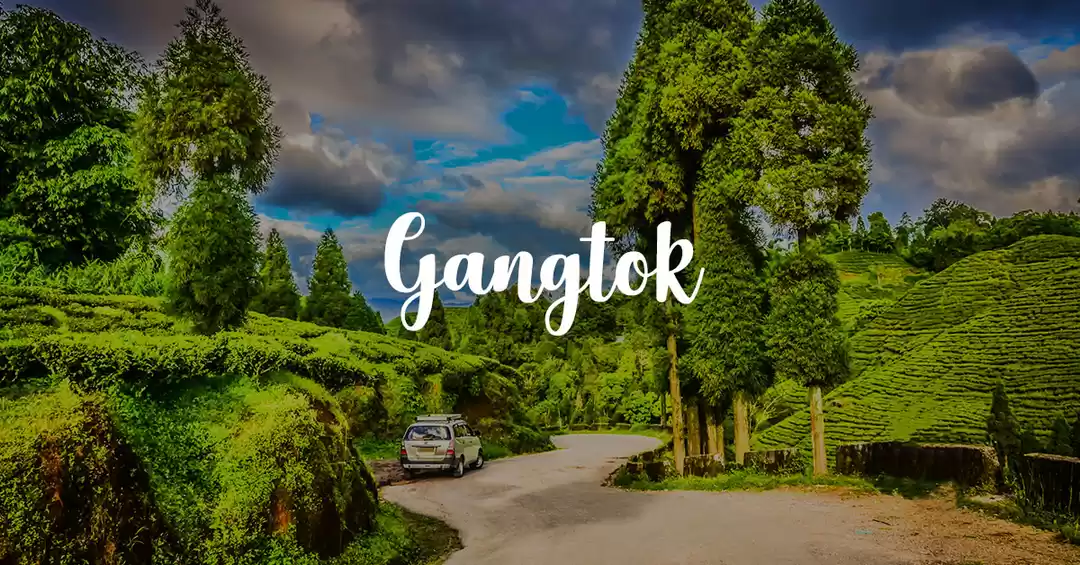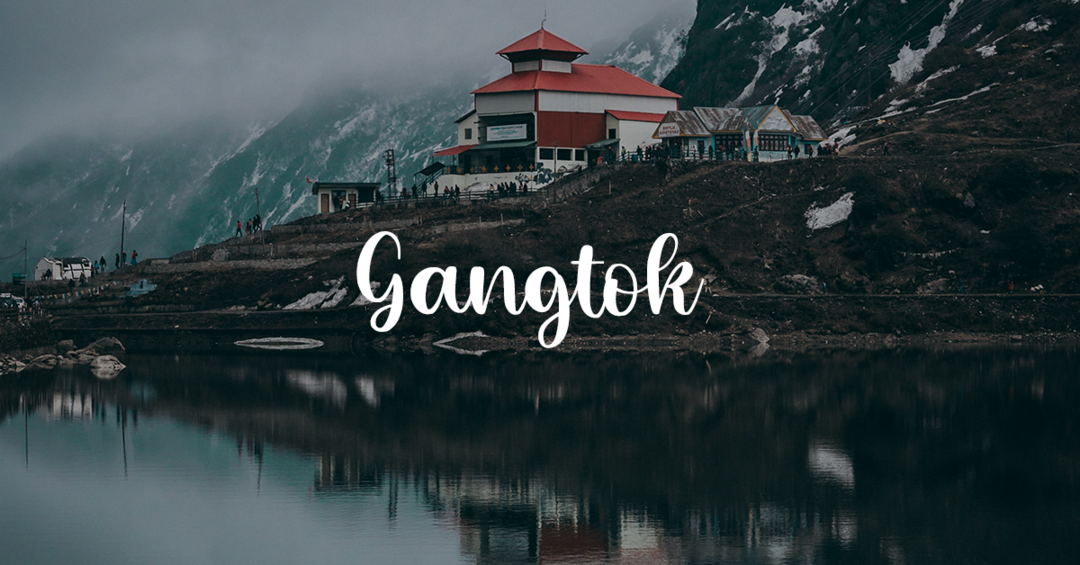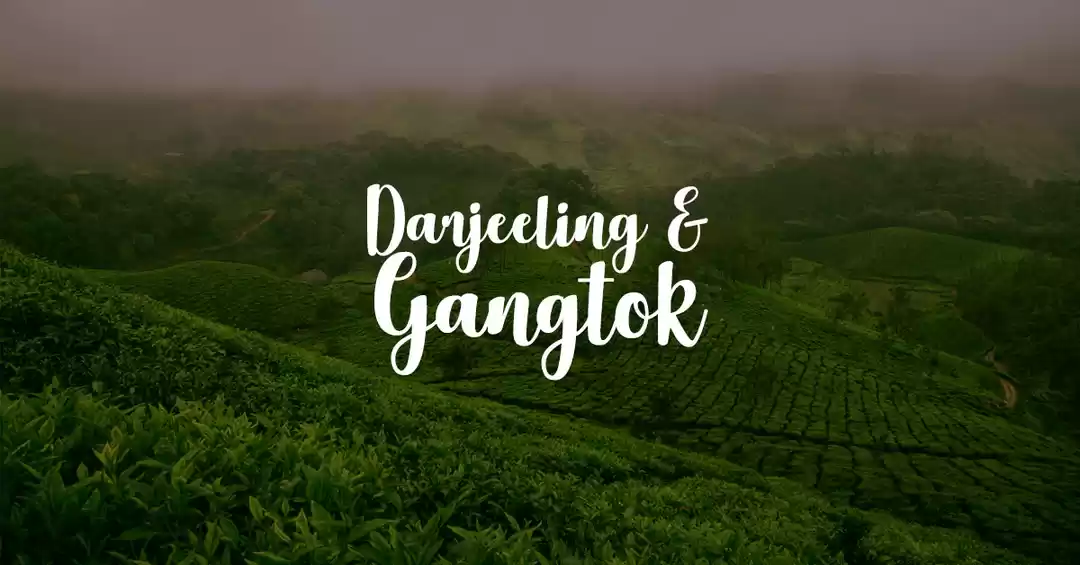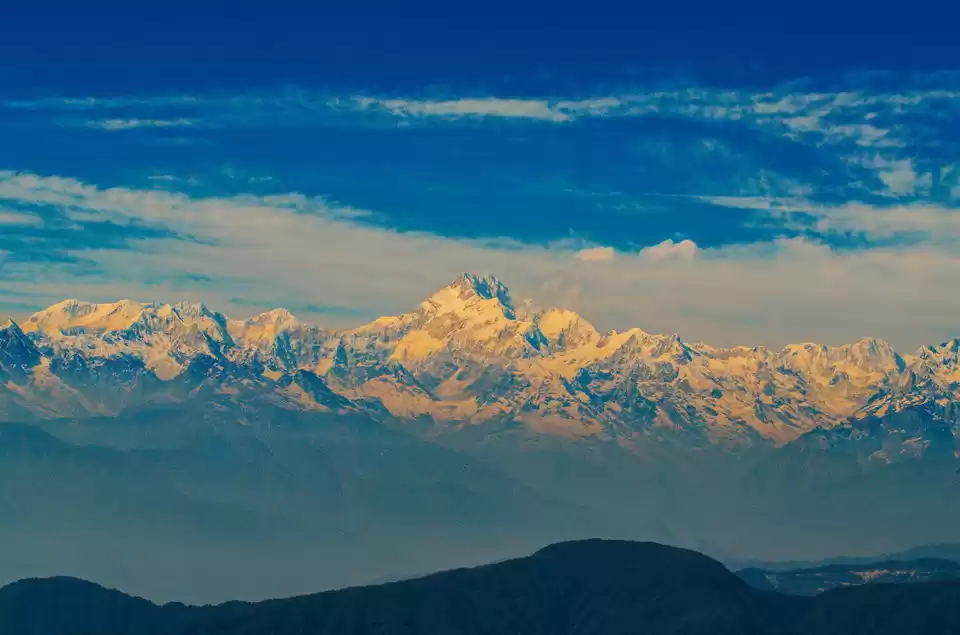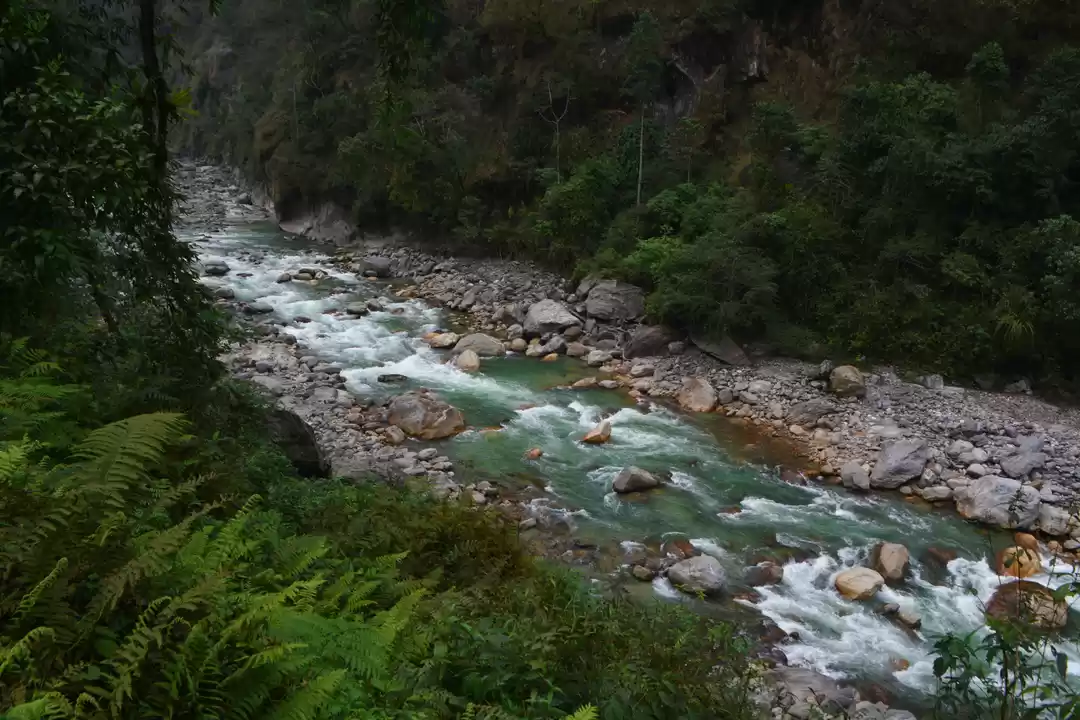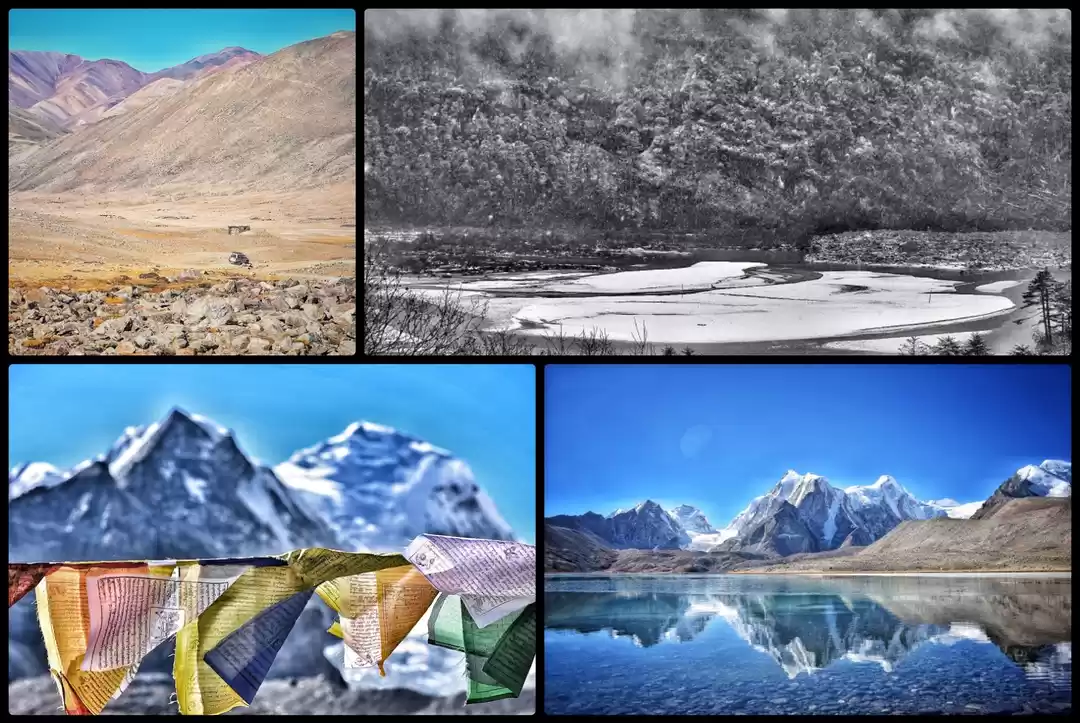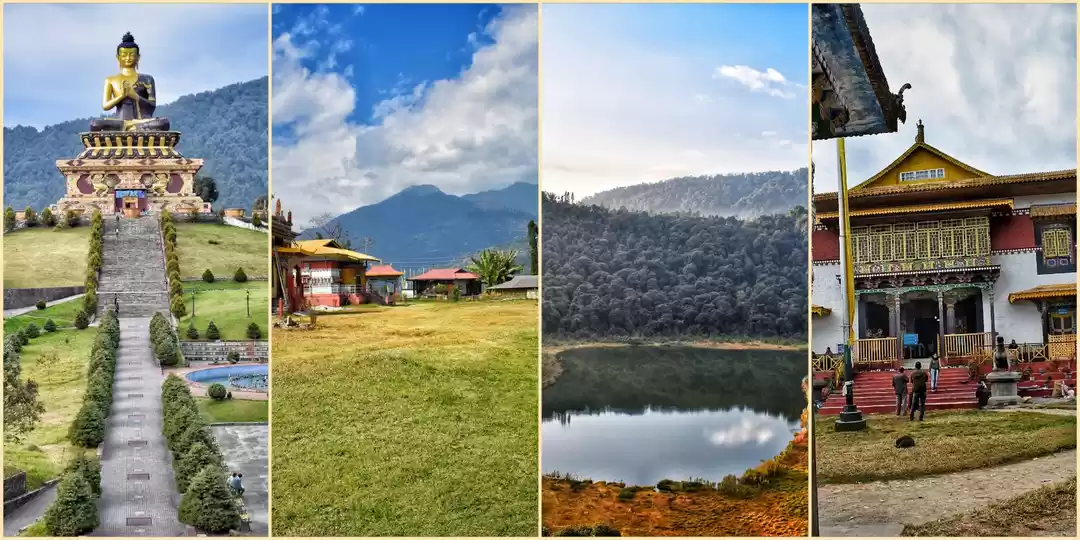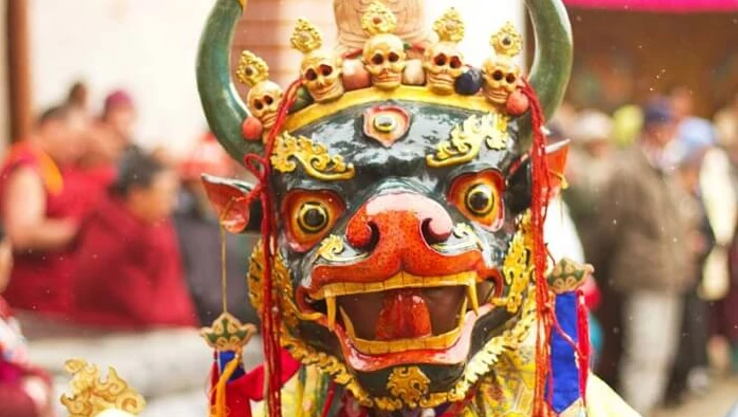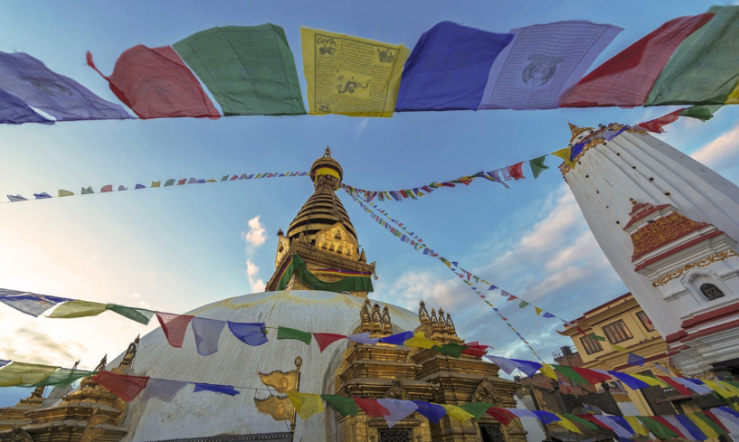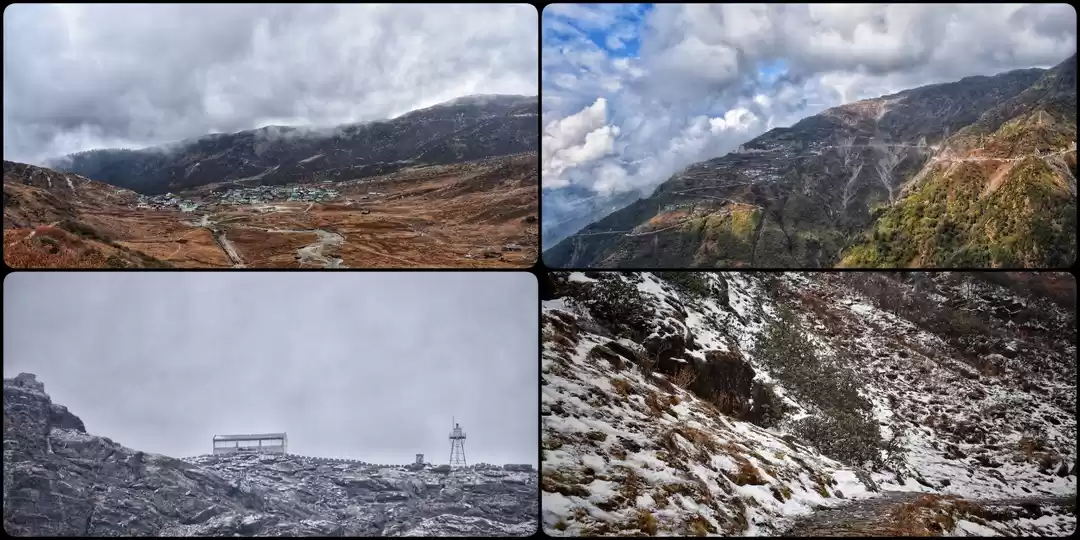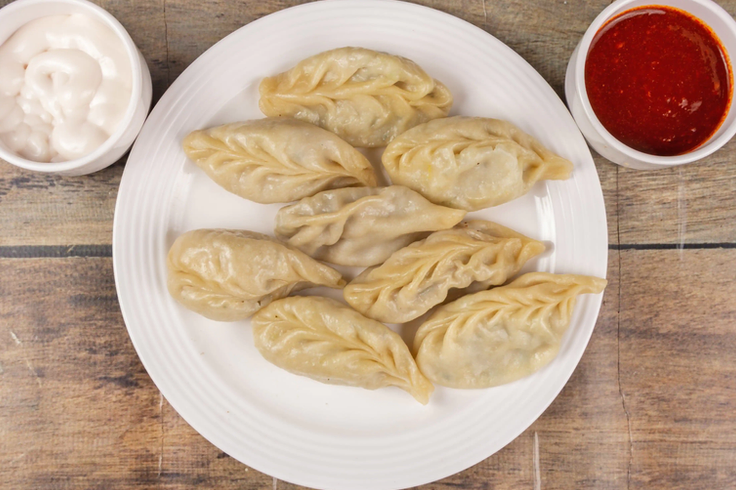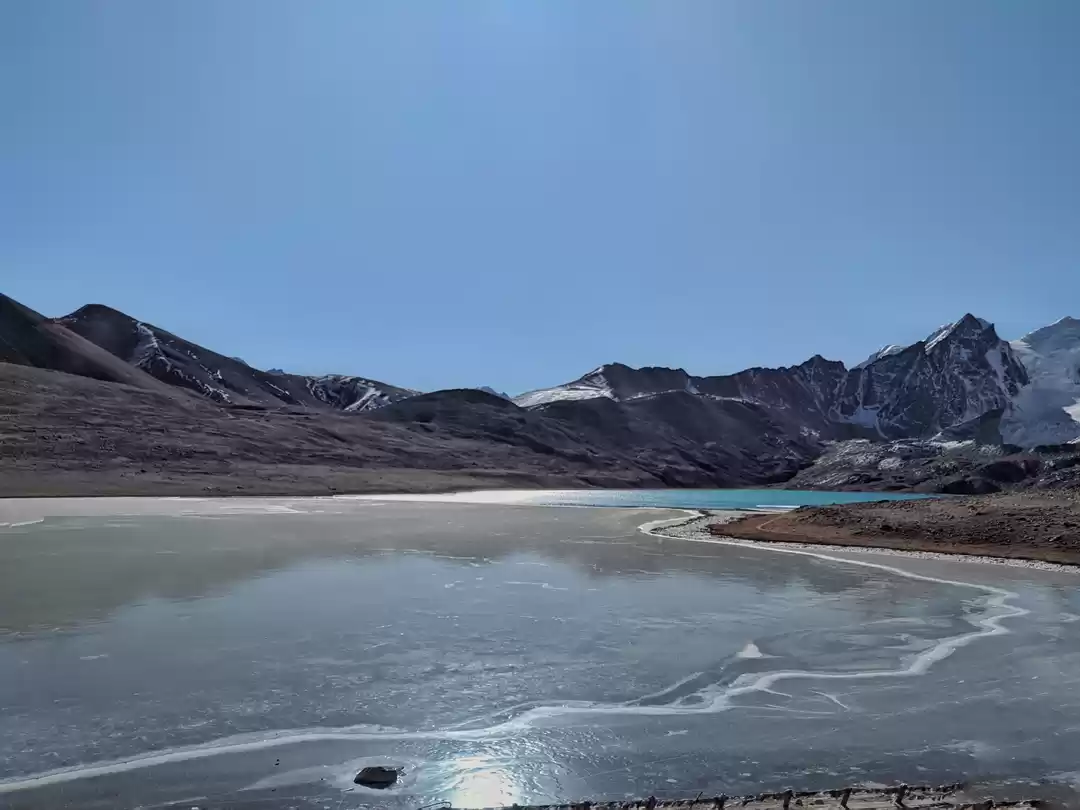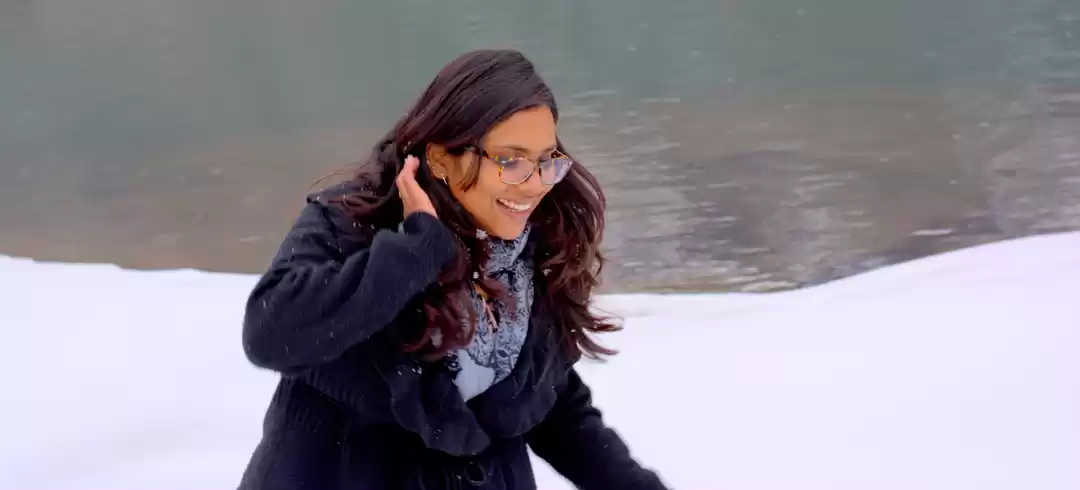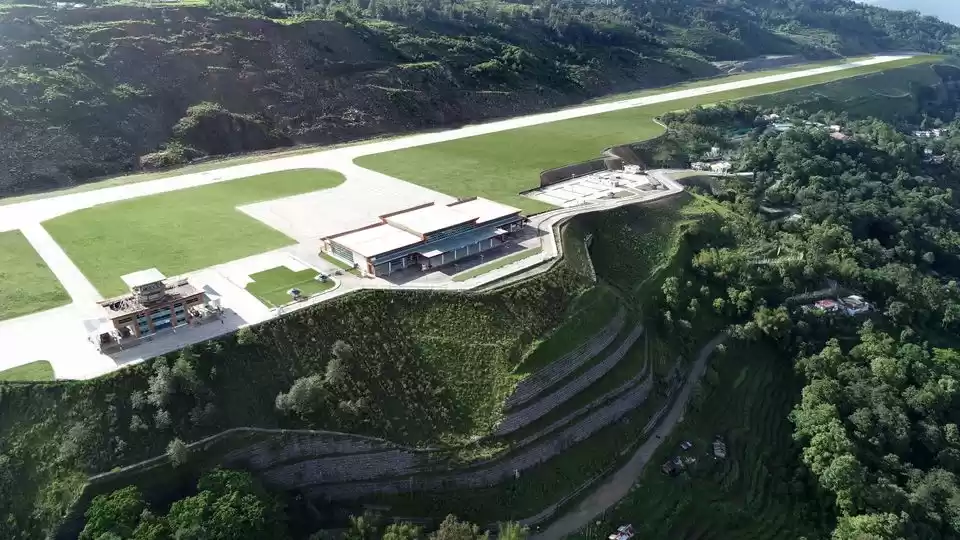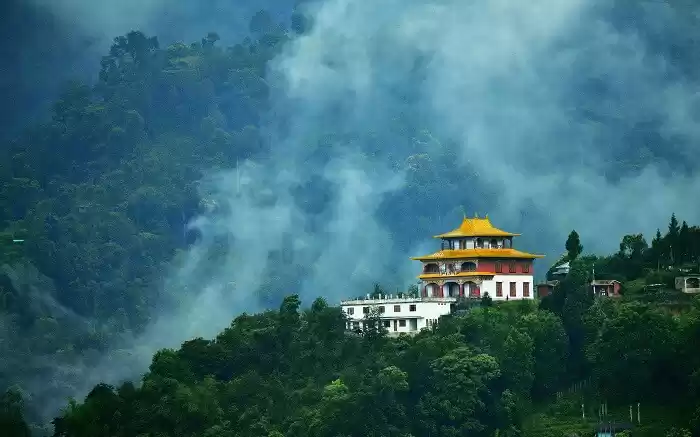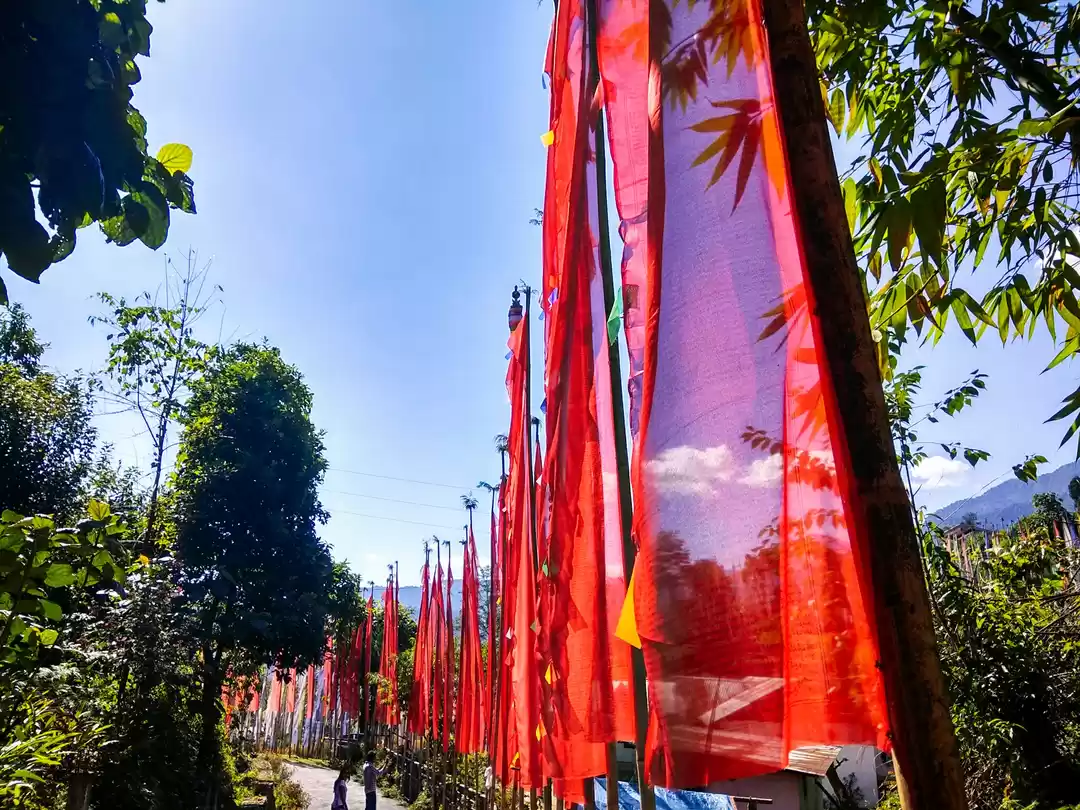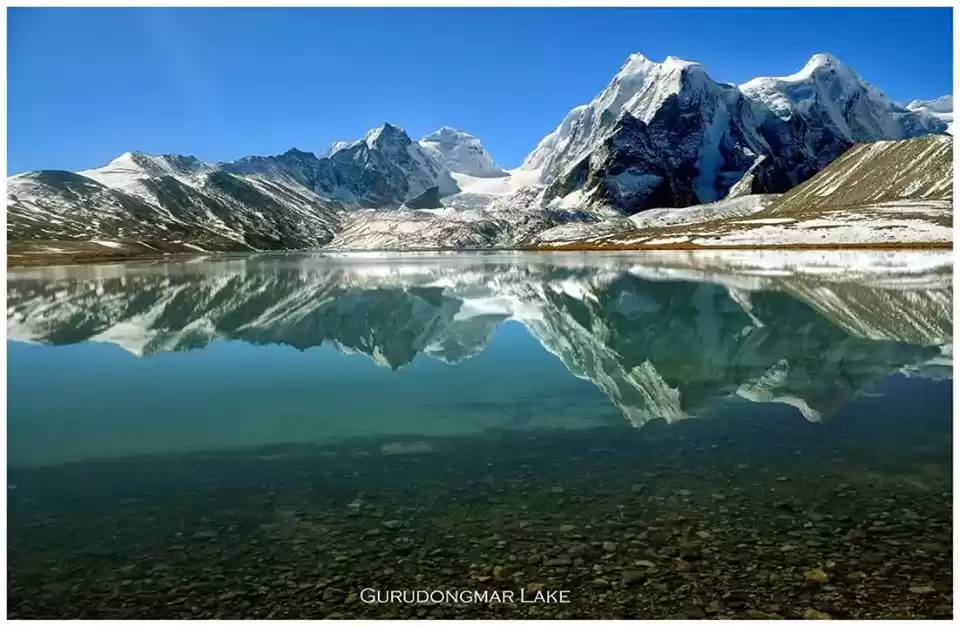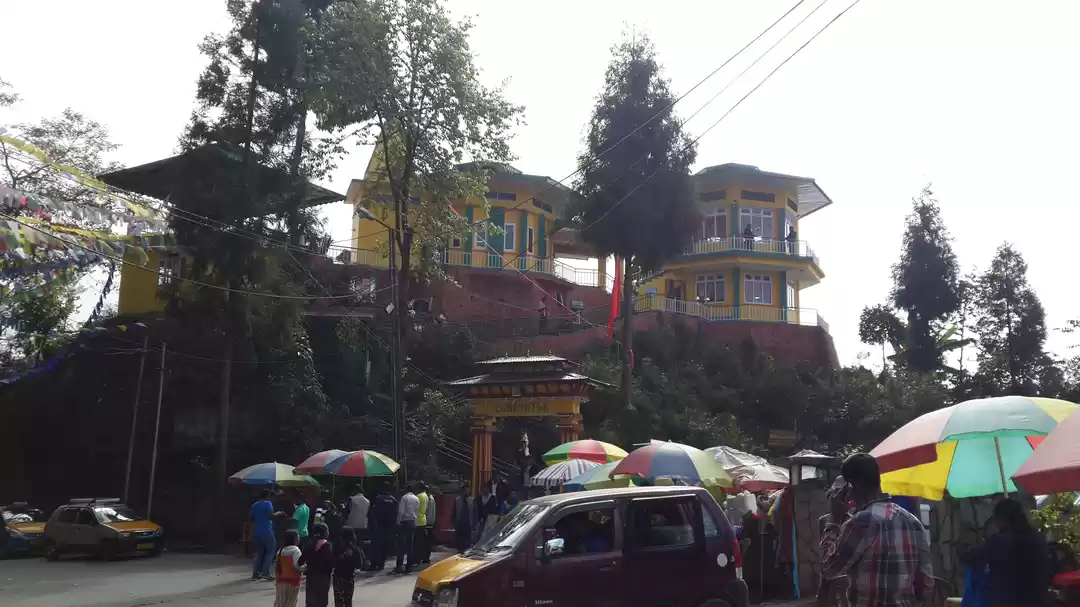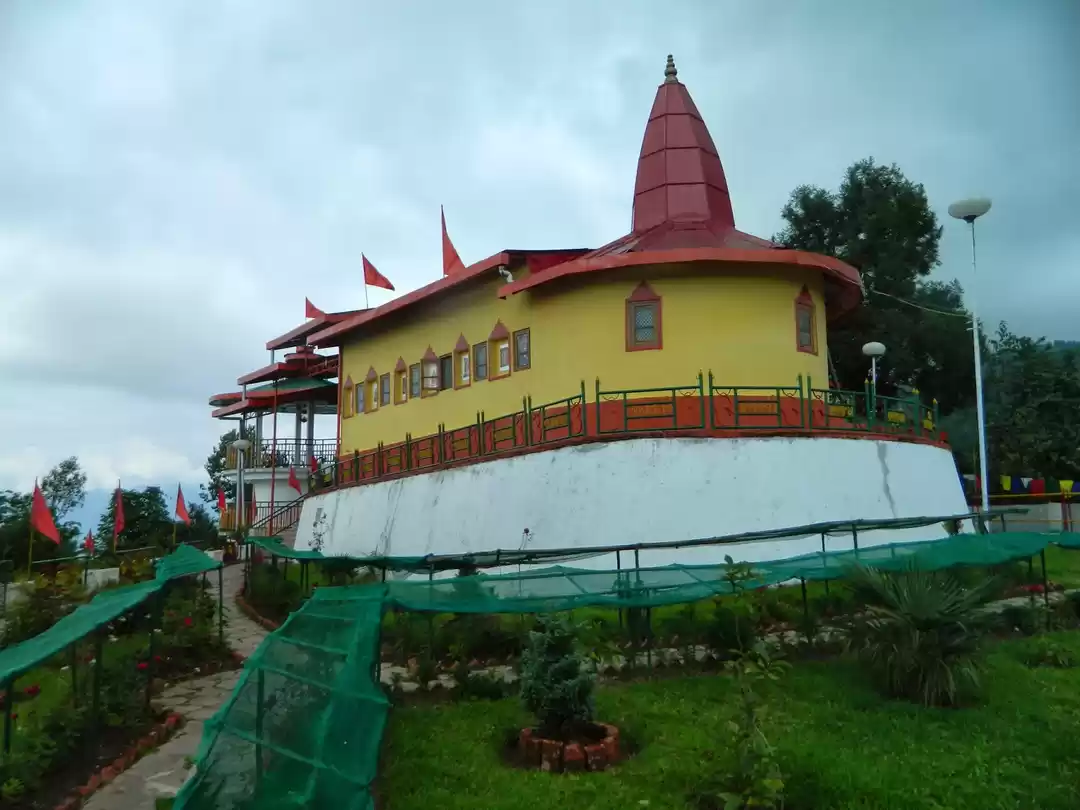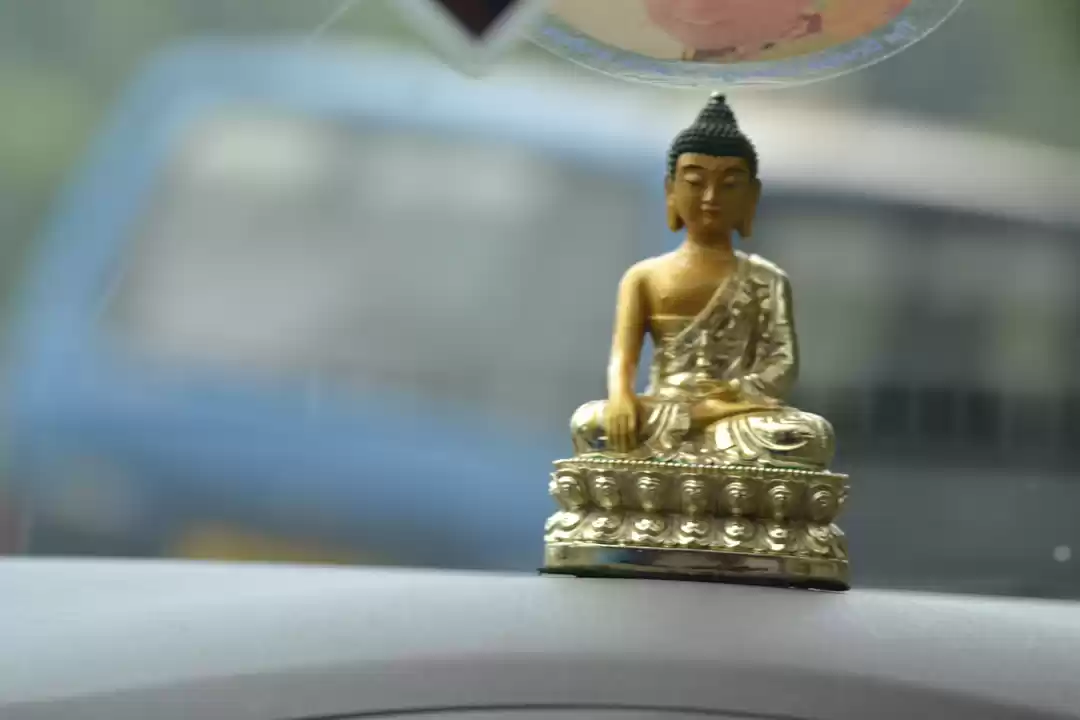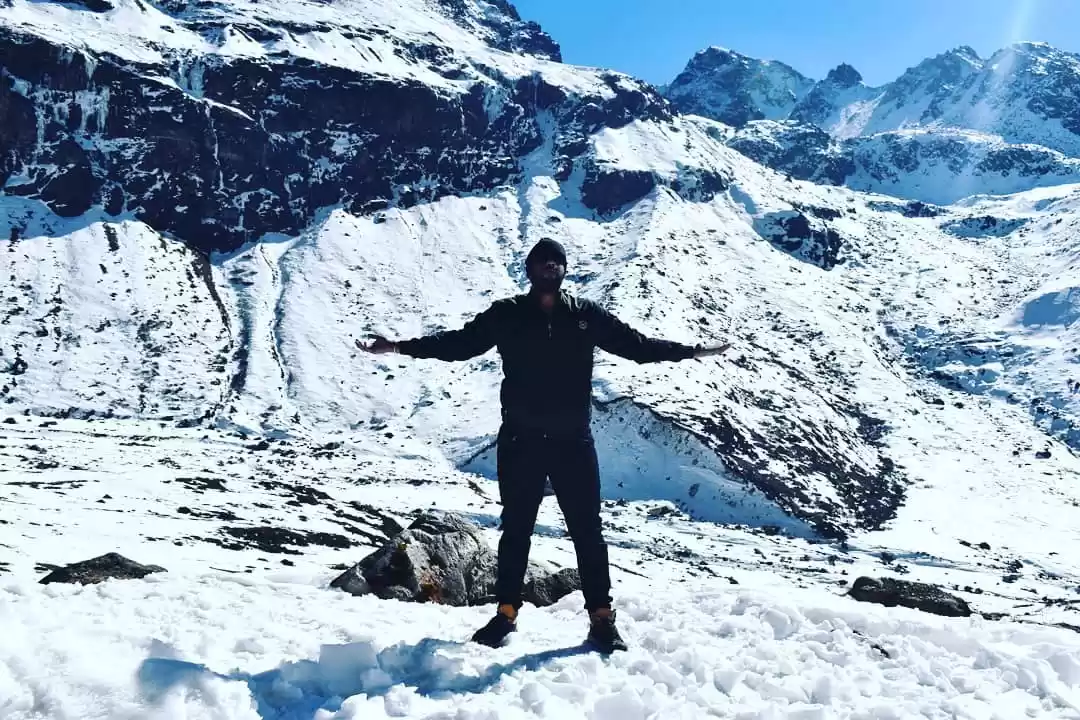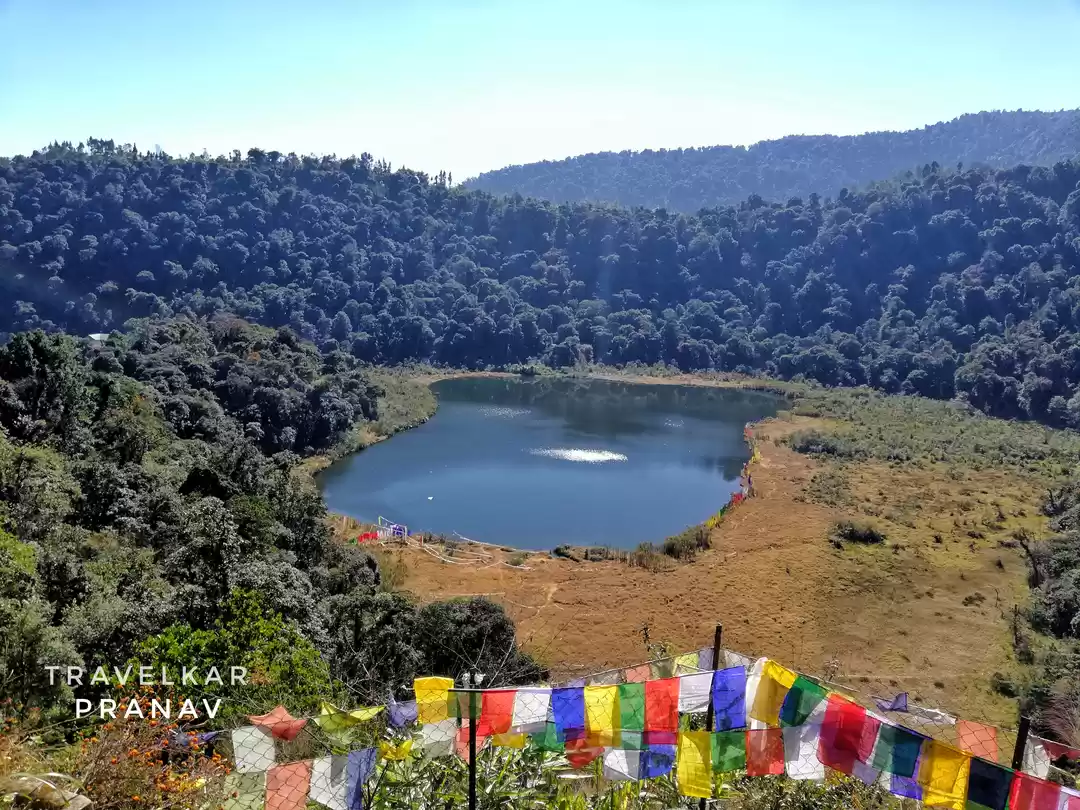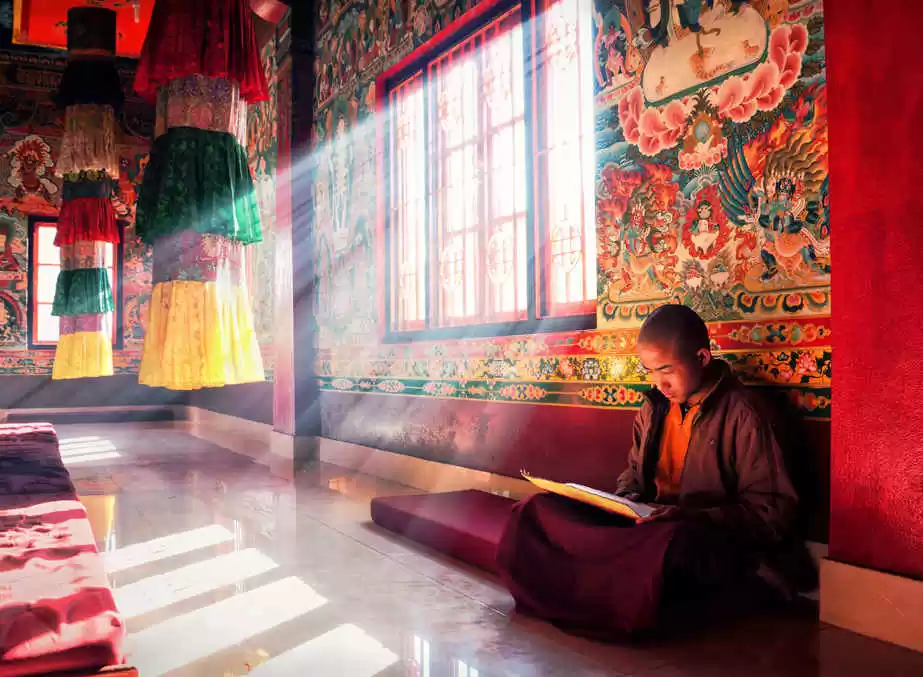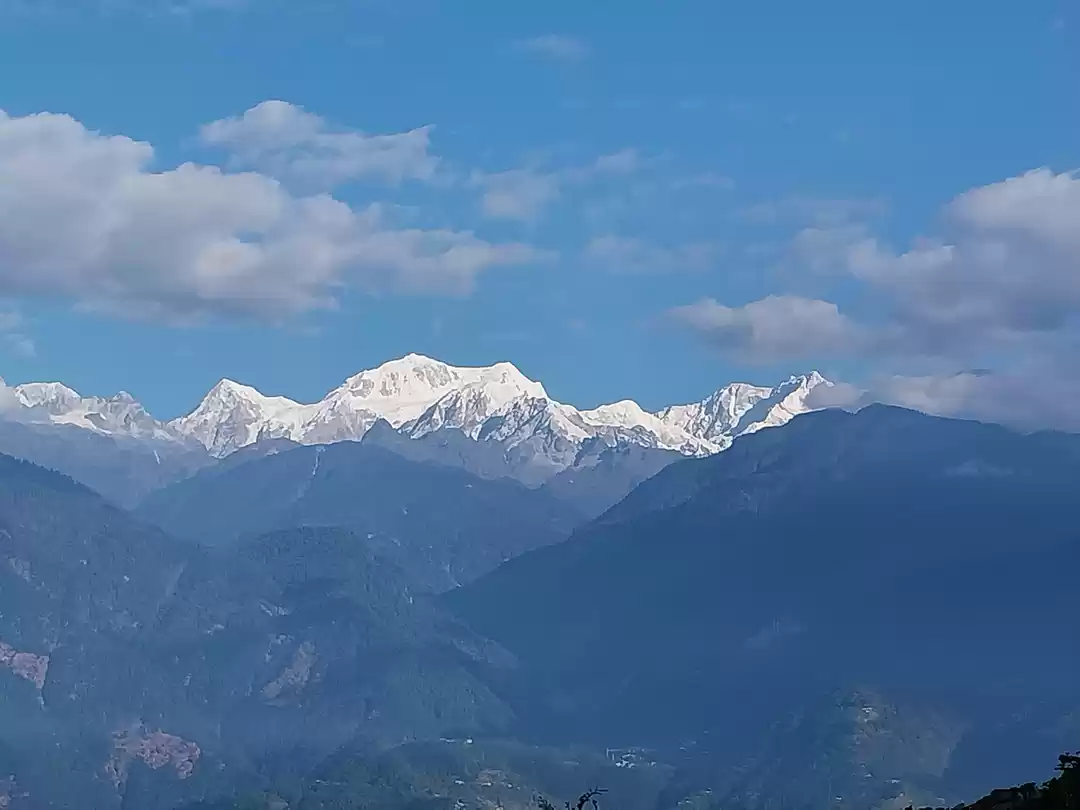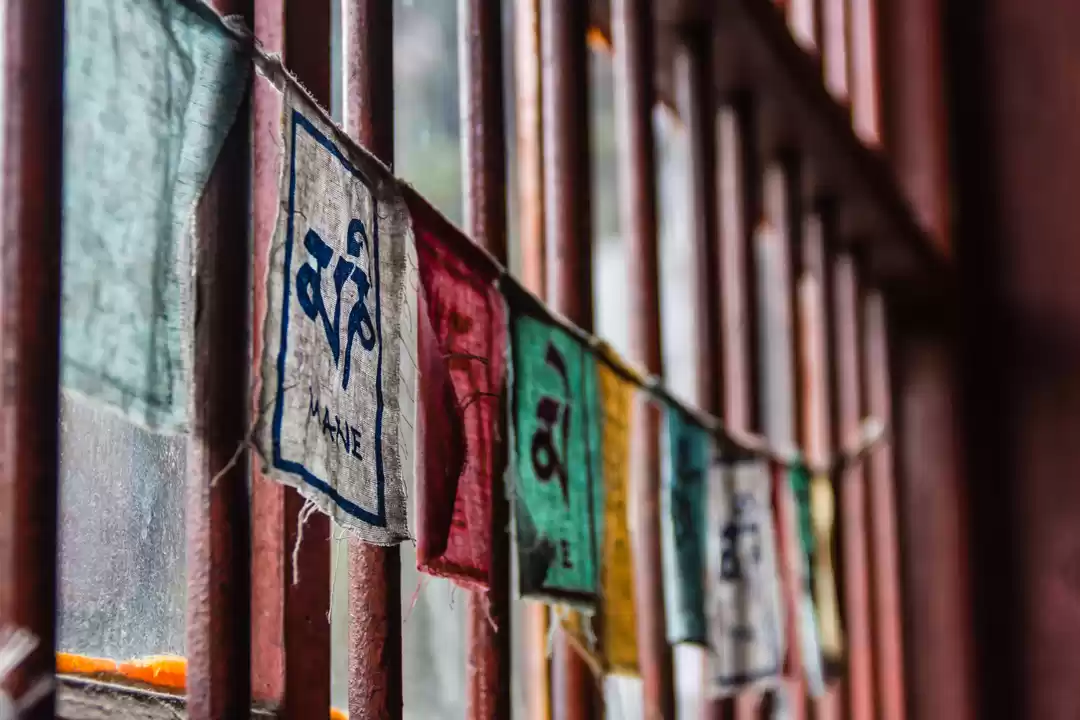
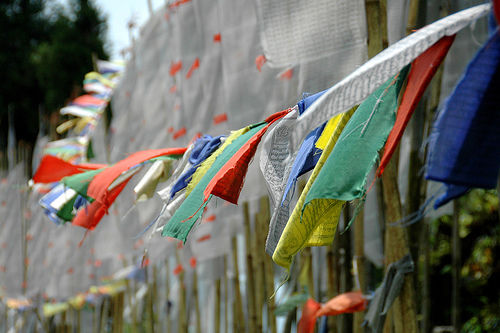
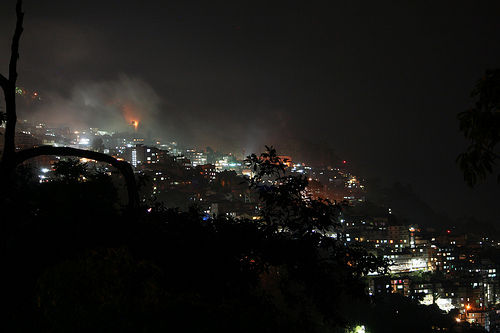
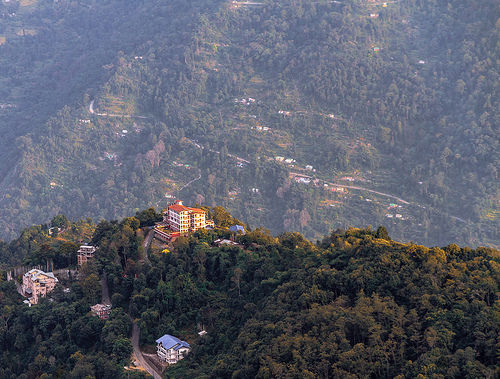
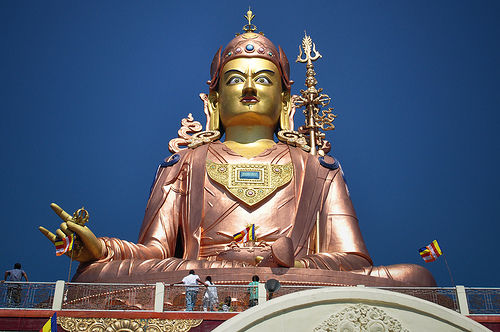
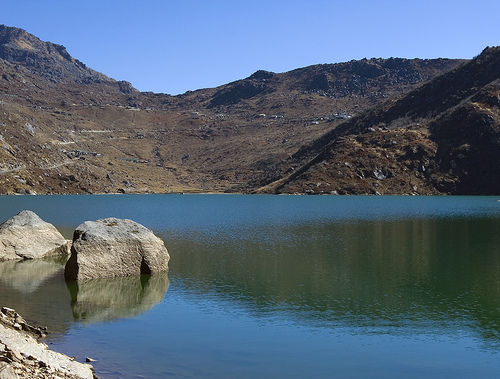
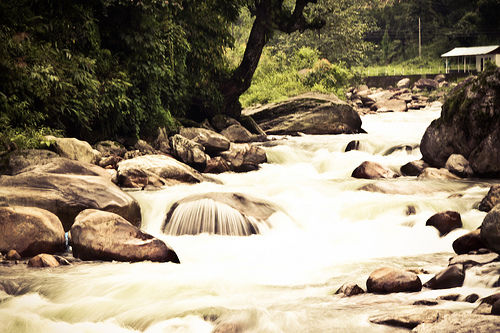
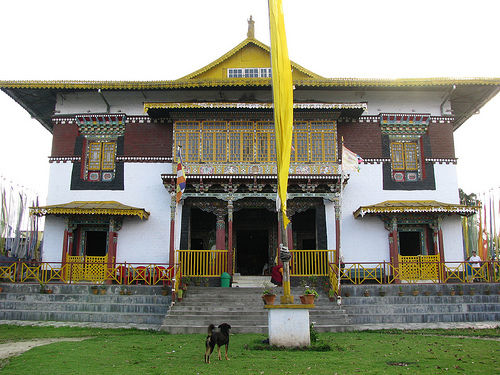
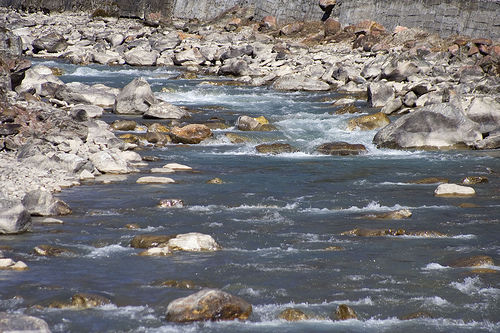
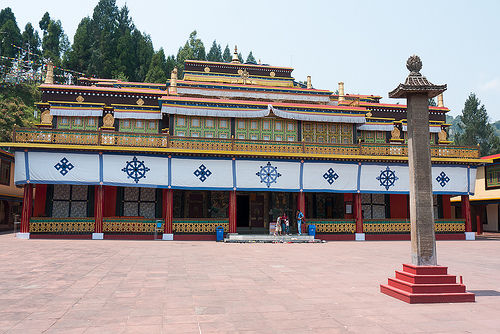
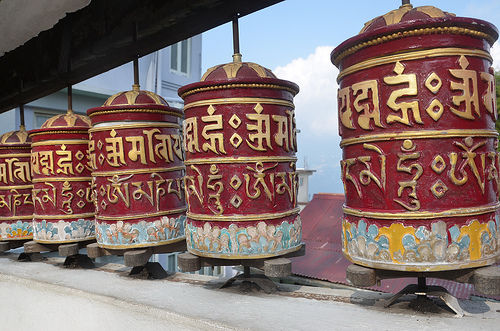
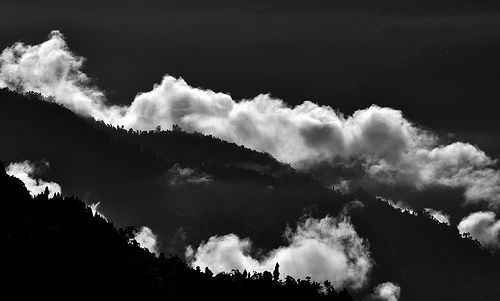
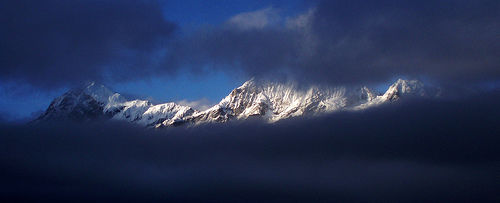
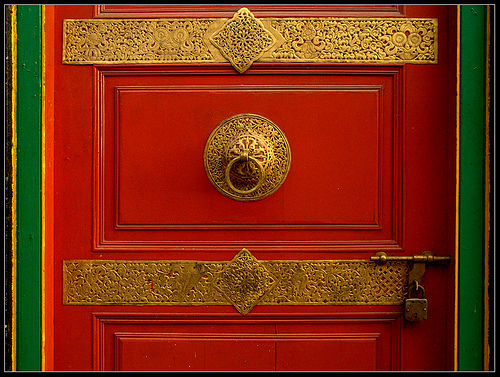
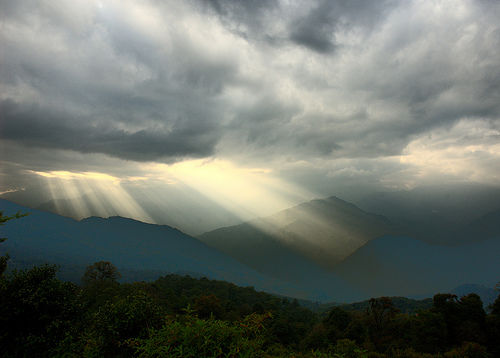
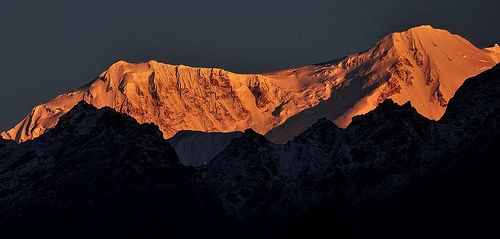
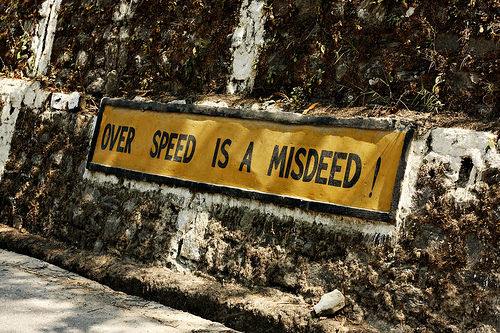
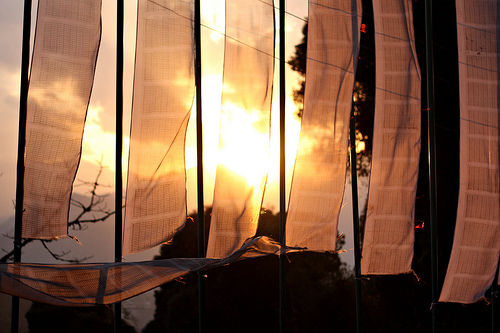
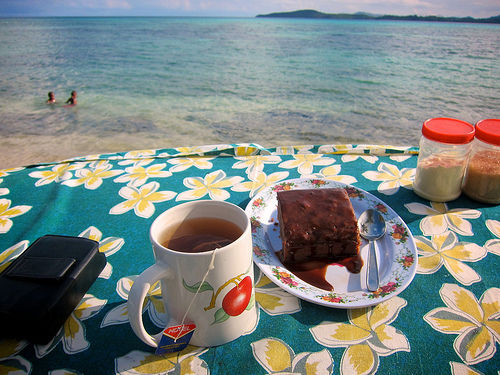
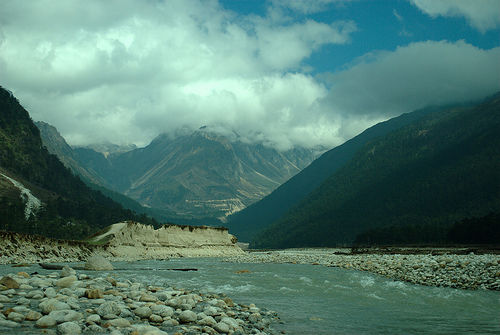
One of India's “Seven Sisters”, which together constitute India's North-East, Sikkim is a small, extraordinary state blessed with nature's bounty. Sikkim's effortless beauty is characterized by its serene, mountainous terrain, and cheerful and hospitable locals. However, Sikkim’s mixed race confused me the most. There are the Lepchas, the Bhutanese, the Nepalese, the Tibetans and many smaller groups.
Sikkim is divided into four districts - North, East, West, South. While South Sikkim is a heaven for peace lovers, the western part of Sikkim is for thrill seekers. Rafting and kayaking on River Teesta draws people from far and wide to this small region. The places I visited in Sikkim include Namchi, Jorethang, Geyzing, Pemayangtse, Pelling, Yuksom (Kanchenjunga), Ravangla, Rumtek, Gangtok, Chungthang, Yumthang, Gangtok, NathuLa
Apart from beauty and adventure, Sikkim is a virtual smorgasbord of remarkable dishes and is known for its unique, locally produced wines, beers and spirits. While bars in the city stock beer brands like Hit and Dansberg, in the countryside one can savor brands like Roxy.
The starting point of my trip was Bagdogra and then a charming 4-hour journey to Darjeeling through tea plantations and tiny villages. For those of you who only wish to trek, you have to option of starting your trek from Darjeeling itself. In the following trip, I'll take you through my experience in Sikkim.
The capital of the South Sikkim district, Namchi is a major tourist spot and pilgrimage center. The Namchi monastery, Ralong monastery and Tendong Hill are important Buddhist pilgrimage centers here. There's also a rock garden which displays a wide variety of flora and offers a magical view of Mt. Kanchendzonga. As far as accommodation is concerned, there's a hotel for every budget. I stayed at Seven Hills Resort.

Jorethang is a major town in the south district, 20km from Namchi. As a result of my interaction with the locals, I got to know about the Jorethang Maghe Mela, a major event, attracting hordes of locals and tourists. Gracious people, untouched scenery and an experience of a lifetime.I stayed at the Jalapa Riverside Resort Baigunay, Jorethang.
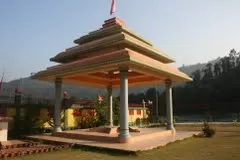
After exploring the south district, I started moving towards western Sikkim. Geyzing, 39 km from Jorethang, is the capital of the West Sikkim district. This quaint town is well-connected and has a some interesting places to visit. The Rabdentse Ruins offer a beautiful view. Glancing over the deep valley, from the top of the ruins, at the occult heights of the Kanchenjunga ranges is something to be loved and inscribed in memory.There are plenty of hotels here, so staying is not an issue. I stayed at the Ghonday Village Resort.
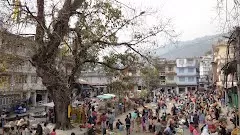
Pemayangtse Monastery is on a hilltop overlooking the Rebdentse Ruins. Built on the highest hill in the areas, the monastery is the second oldest in Sikkim. The monastery has beautiful sculptures, paintings and ancient scrolls along with the notable statue of Padmasambhava’s eight incarnations with the seven-layered wooden structure depicting the heavenly abode of Guru Rimpoche. The main prayer hall of the monastery is a huge room. Pemayangtse is literally translated as ‘perfect sublime lotus’. Viewed from the Rebdantse Ruins, the monastery opens up to heaven like a gateway.

Pelling is about 10km away from Geyzing and is well-connected by regular bus service. The pleasant town of Pelling is famous for magnificent views of the snow-capped Kanchenjunga range. Famous places here to visit would be Sanga Choeling Monastery, Khecheopalri Lake, Sangay Waterfall. Due to its strategic location, many hotels and lodges have come up. I stayed at the Elgin Mt. Pandim.
39km from Pelling, Yuksom is surrounded by an array of religious sites and trekking adventures.Yuksom serves as the base camp for many treks in Sikkim. One can trek to Tashiding/Dzongri Peak/Goecha La from here. You can also trek to Kachupuri Lake from Yuksom. The trek takes you right under the shadow of the mighty Kanchenjunga, the third highest mountain range. Apart from trekking you can also visit Dubdi Gompa, Kartok Lake, Phamrong Waterfalls, and Kanchenjunga National Park.
Moving towards the south district, the first town I visited was Ravangla. Ravangla's prime attraction is the uninterrupted views it offers of Mt. Kanchenjunga, Mt. Pandim, Mt. Sinialchu, and Mt. Kabru. Ravangla is 56km ahead of Yuksom. Visit the Ralong Monastery as well as the Tibetan Carpet Center to complete your trip. There are multiple hotels offering spectacular views of the mountain ranges. You can choose from any according to your budget. I stayed at the Mt Narsing Village Resort.

Ruktek is popularly called the Dharmachakra Centre, and is a Tibetan Buddhist Monastery near the capital, Gangtok. Rumtek is a famous monastery all over the world, especially among the Tibetan Buddhists. The luxuriously sprawling green landscape, brilliant weather, smiling people, and traditions that touch the conscience are among the few things you'll cherish here.

Gangtok is a popular hill station in Sikkim. Rolling hills with the scent of coffee wafting through are perfect for walking and trekking. You can safely walk in Gangtok and see the daily local life pass by. People are friendly and happy to invite you over for a cup of tea or a meal. Enjoy the company of locals while walking, while absorbing their stories and experiencing their warm hospitality. I stayed at Mayfair Gangtok Lower Samdur, Ranipool, Gangtok. Hotels are available in abundance. You can easily walk in and find a room.

Chungthang, 81 km from Gangtok, was our stop during our long drive towards the Yumthang Valley. It's a beautiful place mainly inhabited by Lepchas. Locally brewed millet beer, sometimes served in bamboo glass with a wooden straw, is a must try.

Yumthang is surrounded by the Himalayan Mountains and is popularly known as the Valley of Flowers. The place has its own travel repercussions. It gets foggy and dark here by 5:30, but it is definitely a paradise for nature lovers. The hot-spring on the right side of the Yumthang river is a popular tourist attraction.

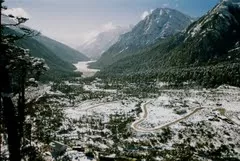
After exploring Chungthang and Yumthang, we returned to Gangtok and finally started our journey towards the last spot, NathuLa.

Nathu La, the border crossing between India and China, is around 56km from Gangtok. Things to remember before visiting Nathu La. 1. It is open to Indian nationals on Wednesday, Thursday, Friday, Saturday and Sundays. 2. The visitors have to get the permit to visit the place by applying to the Tourism and Civil Aviation Department through a registered and recognized Travel Agency. 3. Foreign nationals are not allowed to visit Nathula. 4. Photography is strictly prohibited here. Even then, this spot is a must-see for those allowed to visit.

Frequent Searches Leading To This Page:-
honeymoon package for gangtok and darjeeling, sikkim darjeeling gangtok tour, sikkim package from kolkata, sikkim tour package from delhi, gangtok tour plan for 5 days, sikkim sightseeing package, sikkim tour plan for 6 days, gangtok trip from kolkata, gangtok tour package from chennai, darjeeling gangtok pelling lachung tours, darjeeling and gangtok tour plan, tour packages for sikkim gangtok darjeeling, gangtok itinerary for 5 days



